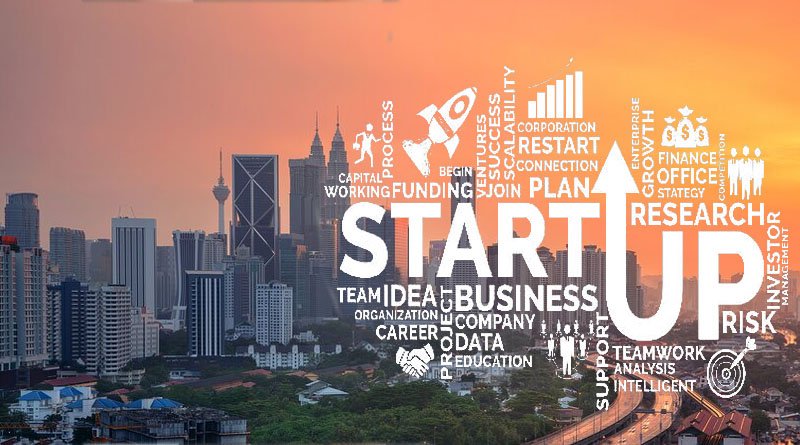“My administration is committed to assisting high-value-add local startups from their inception through listing on the Bursa Malaysia”, according to Anwar Ibrahim.

Malaysia has launched several initiatives to ensure that its homegrown startups have access to later stage financing in the country, eliminating the need for them to seek listing abroad, according to Prime Minister Anwar Ibrahim.
“I had the opportunity to meet various successful homegrown startups, such as [used car platform] Carsome, [integrated circuit design service firm] Oppstar, and [dairy producer] Farm Fresh,” he said at the Invest Malaysia event in Kuala Lumpur.
“My administration is committed to assisting high-value-add local startups from their inception through listing on the Bursa Malaysia (local stock exchange).”
To that end, he stated that government-linked investment companies (GLICs) will set aside MYR 1.5 billion ($332.7 million) in 2023 to invest in such homegrown startups; a tax deduction on listing costs will be provided for companies listing on the ACE market and LEAP market, as well as technology stocks on the Main Board of the local exchange; and listed companies will be allowed to issue dual class shares.
“We certainly want to make sure that successful startups have access to later stage financing here in Malaysia, so they don’t have to seek listing abroad,” Anwar, who is also the Finance Minister, added.
The venture capital and tech startup communities have long cited access to funding, particularly later stage funding, as one of the reasons Malaysia is losing some of its homegrown tech startups and talents to neighbouring Singapore, which has a more developed ecosystem for start-up funding that helps attract international financiers and bring higher valuations for their public offerings.
Grab, a Malaysian-born tech unicorn that relocated its headquarters to Singapore in 2014, has evolved from a ride-hailing behemoth to a super app that offers a slew of other services, such as food delivery and payments.
In a SPAC transaction valued at approximately $39.6 billion, Grab was listed on NASDAQ in December 2021. Carsome, the country’s first tech unicorn, is said to be looking to go public through a dual listing on NASDAQ and the Singapore Stock Exchange, which would value the company at around $2 billion.
Bloomberg later reported that Carsome will postpone its dual listing plans due to concerns that worsening macroeconomic conditions will reduce its valuation.
The Malaysian stock exchange’s decision to allow listed companies to issue dual class shares follows a similar initiative launched by neighbouring Indonesia in 2021 in an effort to boost tech IPOs on the Indonesia Stock Exchange (IDX).
According to previous reports, a dual class share framework allows certain shares to have more voting rights than others, allowing holders — usually the company’s founders — to retain directional control of their company. To allay concerns that the government’s decision to impose a capital gains tax will discourage investment, Anwar stated that the tax will be finalised only after extensive consultation with stakeholders.
“I would like to give you the government’s commitment that: – First, the tax will only be finalised after extensive consultation with stakeholders; – Second, the tax will not be imposed on listed shares; and – Third, the disposal of unlisted shares for an approved Initial Public Offering will also be exempt from capital gains tax,” he said.
It was previously reported in the Revised Budget 2023 that the government may impose a capital gains tax on the sale of private company shares in 2024.
Meanwhile, the Bursa Carbon Exchange, which debuted in December last year, is a critical catalyst in the race to a net-zero future. It is also the world’s first exchange to receive a Shariah declaration for its carbon exchange.
The Prime Minister also announced that the government is committing to a seed fund of MYR 10 million ($2.21 million) to act as an assured demand of Malaysian-generated carbon credits to kickstart the market in order to support the national journey to achieve Net Zero as early as 2050.
Malaysia also seeks to accelerate the transition and transformation of industries and local players towards ESG adoption, even for small and medium enterprises (SMEs), through ESG-related policies.
Anwar, for example, stated that consultation and engagement with local and international stakeholders are ongoing in order to develop the national ESG framework for the manufacturing sector by 2024 through the Ministry of International Trade and Industry.
This will allow companies, both publicly traded and non-traded, to calculate the impact of their carbon emissions. It will also assist them in disclosing common standard ESG data in accordance with established global standards.
According to Anwar, Bursa Malaysia will launch a Centralized Sustainability Reporting platform next month in collaboration with the London Stock Exchange Group (LSEG). This will allow companies, both publicly traded and non-traded, to calculate the impact of their carbon emissions. It will also help them disclose standardised common ESG data in accordance with global standards.
“This platform has the potential to be a key enabler of Malaysia’s green transition and to support our sustainable development, while also creating high-skill jobs to accelerate our progress towards becoming a high-income nation,” he added.
